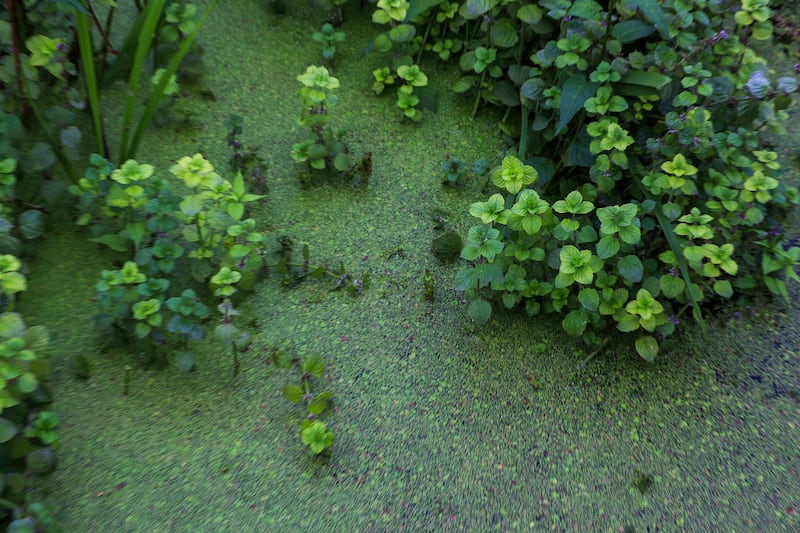A Stormont department’s potential failure to safeguard designated areas for wild birds is being probed by an environmental watchdog.
The UK-wide Office of Environmental Protection is investigating the Department of Agriculture, Environment and Rural Affairs (Daera) over possible failures to comply with environmental law in relation to up to 16 Special Protection Areas (SPAs).
The investigation will seek to determine whether the department failed to implement recommendations of the Joint Nature Conservation Committee (JNCC) and other public conservation bodies in classifying and adapting SPAs to protect and maintain wild bird populations.

SPAs are legally designated sites that protect rare and threatened birds, such as whooper swans, puffins, and light-bellied brent geese, and are internationally important areas for breeding, overwintering, and migrating birds.
According to the OEP, they have also been shown to deliver positive outcomes for wider biodiversity but the watchdog says the north’s wild bird populations continue to decline.
Lough Beg and Lough Neagh is the region’s largest SPA, while others include Rathlin Island, the Antrim Hills and Strangford Lough.
OEP chief executive officer Natalie Prosser said the probe into Daera coincided with similar investigations in England and Wales.
“Our investigation will seek to establish whether the recommendations of previous SPA reviews, such as one that was published in 2001, have been fully implemented and if not, the reasons why,” she said.
She said the OEP’s investigation was against the background of recommendations from a review carried out between 2015-17, which had yet to be published.
“We do not know yet what our investigations will find, however, the implementation of reviews like these are important so SPAs can work to protect and maintain wild bird populations the way they are supposed to,” Ms Prosser said.
In May last year the OEP launched a probe into Daera’s advice on ammonia emissions, which councils relied on in making planning decisions for farm expansions. In December, following legal pre-action correspondence from the OEP, Daera abandoned its previous policy.
Daera has been approached for comment.







